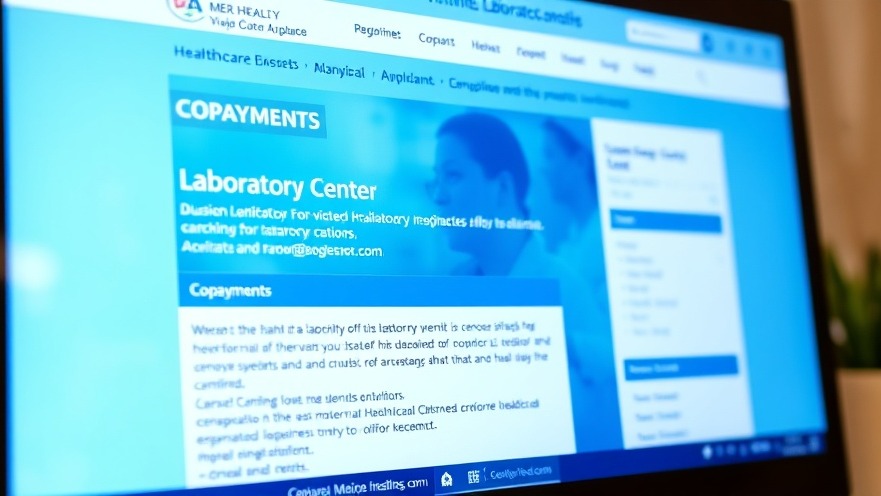
Understanding the Landscape: Ketamine's Off-Label Use in Medicine
As many healthcare providers explore innovative treatments for their patients, ketamine has gained traction for its effectiveness in treating treatment-resistant depression. However, this comes with a series of regulatory considerations that providers must navigate. Before integrating ketamine or its FDA-approved counterpart, Spravato® into their practice, it's essential for concierge medical practice owners to be well-versed in the legal landscape governing these controlled substances.
The Regulatory Framework: Controlled Substances and DEA Compliance
Ketamine and Spravato® are classified as Schedule III controlled substances due to their potential for misuse. This status requires providers to adhere strictly to regulations set forth by the Drug Enforcement Administration (DEA). Obtaining a DEA registration is a must for any practice looking to administer these medications. Additionally, providers must be cognizant of specific rules regarding refills and storage, as compliance can profoundly impact their practice’s legality and credibility.
State Variances: Navigating Regulatory Gaps
The regulatory landscape for ketamine treatment can vary widely from state to state. For instance, while some states have implemented detailed regulations regarding ketamine clinics, others, like Georgia, remain silent. This inconsistency raises potential risks for practice owners. Understanding state-specific guidelines and guidance is imperative, especially considering that medical boards often provide informal guidance that may not have the force of law but is nonetheless influential.
Scope of Practice: Challenges for Mid-Level Providers
Mid-level providers—including physician assistants and nurse practitioners—face additional complexities. Administering ketamine requires a clear understanding of one’s scope of practice, which could be impacted by corporate practice of medicine laws. Ensuring that both licensing and operational structures comply not only protects the provider but also enhances patient safety and care standards.
Empowering Practices: Best Practices for Compliance
To successfully navigate the complexities associated with administering ketamine, these best practices can support concierge medical practice owners in building a compliant and successful practice. Regular training on legal considerations, checkpoint audits of prescribing practices, and establishing a transparent communication line with legal advisors can help mitigate risks associated with regulatory compliance. Furthermore, pursuing continuing education on evolving laws and treatment methodologies will empower providers to offer cutting-edge care within a legally sound framework.
In conclusion, while incorporating ketamine into patient treatment protocols can position a concierge medical practice as a leader in innovative health solutions, it is essential to navigate the regulatory waters carefully. By adhering to controlled substance regulations, understanding state-specific laws, and recognizing the limits of what mid-level providers can do, practitioners can safeguard their operations and enhance their service to patients effectively.
If you have questions regarding compliance or are looking for assistance in developing a practice that incorporates ketamine safely, consider consulting a healthcare law expert to navigate these complexities together.
 Add Row
Add Row  Add
Add 




Write A Comment